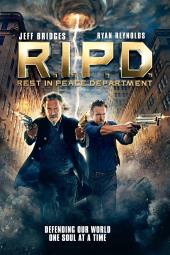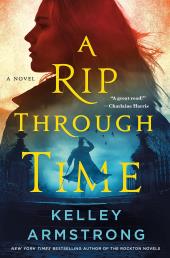Novel
Not in Our Stars
- by Conrad Arthur Skinner
- (T. Fisher Unwin, 1923)
After a meteor strike and some scientific mumbo-jumbo, Felix Menzies wakes up in a jail cell on the day before his execution for murdering the man he wrongly thought was his wife’s lover—an act he doesn’t remember—, and then he starts waking up on each previous morning, whereupon he begins to think he can cheat Destiny by not murdering the guy in the first place. —Michael Main
If he did meet Savile, he was prepared to shake hands with him in the old way, and to realize what a neurotic fool he had been: also that Destiny had made an idiot of itself with the careless blundering born of the knowledge that nobody would ever know, nobody, that is, except himself; and, of course, Destiny safely relied on the assumption that nobody would believe him.

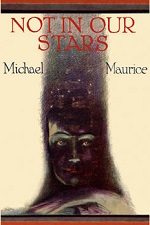
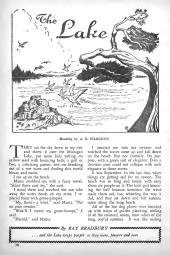
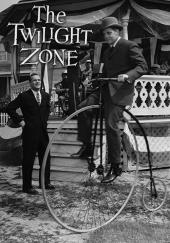
![Ray Bradbury Theater [s03e03]: The Lake Exactly half of a large sand castle with a trail of footprints looping around
it.](https://img.ittdb.com/000000/39/59S-39-000000.jpg)
